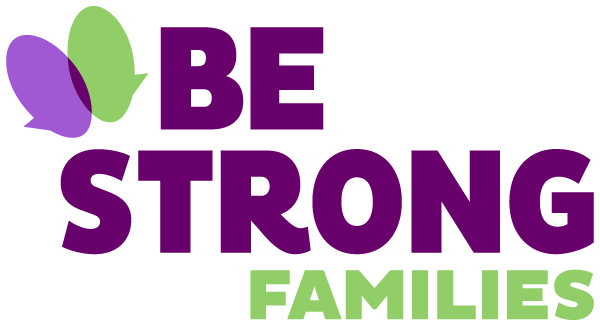Parent Engagement through the Lens of Equity
This has been a big week in the world of parent and family engagement. On behalf of the Global Family Research Project, Heather B. Weiss, M. Elena Lopez, and Margaret Caspe issued a report titled “Joining Together to Create a Bold Vision for Next Generation Family Engagement: Engaging Families to Transform Education.” Weiss et al. highlight how family engagement is key to achieving equity for kids in schools, and offer examples of how engaging parents as co-creators, co-learners, partners, advocates, negotiators, advisors, community-builders and decision-makers creates the condition for equitable learning.
Last week, Sarita Sashington presented her own take on equity and parent engagement using the Strengthening Families™ Protective Factors. Sarita’s presentation opened with sharing a frustration that echoes one of Weiss et al.’s concluding points— “Billions of dollars are being invested in gathering data, but very little is going towards helping families . . . to use the data”—and challenging us to move beyond discussing and towards putting into practice equitable strategies for parent engagement. Sarita called on participants to think about what equity really means. She emphasized how the concept itself reveals a lack of connection to parents, saying, “When I think about equity, I think about making room at the table. It drives me crazy to hear people saying we don’t know how to engage parents. It comes down to nothing about us, without us. When it comes down to making decisions, are parents at the table? Are they part of the process? Are they helping decide what’s best for them?” These key questions need to be answered honestly, and they should be the foundation for parent engagement work. The seat at the table is key, because without it, parent engagement can become about finding problems and fixing parents, instead of building on strengths.
The Protective Factors are a clear framework for building on strengths, making a seat at the table, and promoting equity in parent engagement. Knowledge means that parents are the experts of their own families. Parents have knowledge about their children, their families, and about what works best for them. Parents can teach us about parent engagement when we honor their knowledge. Positive social connections mean that we need to be in relationship with parents. When we have equitable relationships, we are an “us” together with parents. Communication means we treat each other how we want to be treated. We think about how we want our opinions and experiences to be included, and we follow that guide in our work with parents. Concrete support means that we value parents by putting our money where our mouth is. We know that if staff attend trainings, they get paid their salaries, so we pay parents for similar opportunities. We intentionally budget for money spent on parent engagement, and we follow through. Finally, resilience means we acknowledge that engagement takes work. When parents keep showing up to participate, they are demonstrating their resilience.
These guidelines show us a path to equitable parent engagement that makes room at the table.
